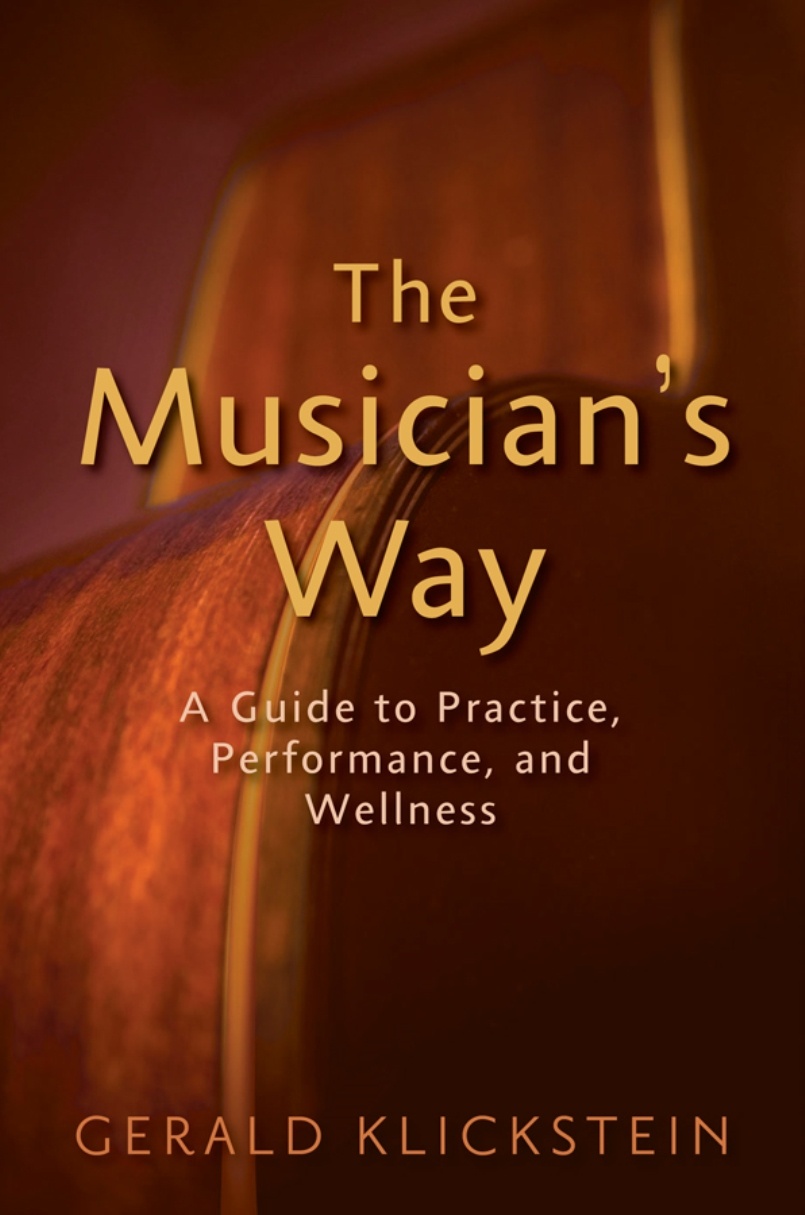 “Wherever you hope to travel on your musical journey, practice is the only route to getting there.”
“Wherever you hope to travel on your musical journey, practice is the only route to getting there.”
–The Musician’s Way, p. 3
People often refer to accomplished musicians as “talented,” but research shows that artistic and technical abilities primarily arise from long-term deliberate practice.*
So, whether you’re aiming for a career in music or to play or sing for fun, your musical progress will depend on the quality and quantity of your practice.
Teachers can guide you to optimize your learning. Ensemble experiences will build crucial abilities, too.
But it’s up to you to instill core artistic and technical skills through solitary practice and smart repetition.
And that’s why The Musician’s Way has become the go-to resource for aspiring musicians around the globe.
The book empowers budding musicians to quickly gain the know-how and practice habits of professional performers. It does so by articulating insights and research findings that haven’t otherwise been accessible to the vast majority music learners.
In the words of a reviewer for the British Journal of Music Education, The Musician’s Way, “provides a wealth of information that would otherwise take years to accrue.”
Using the book, you’ll be able to practice efficiently, memorize securely, perform expressively, conquer stage nerves, avoid injuries, and much more. Step by step, you’ll assimilate the tools that unlock your potential.
Plus, the text will serve as a supportive, inspiring companion on your artistic journey. 
Below are some tips for using The Musician’s Way to fuel your musical growth regardless of whether you’re learning on your own or working with a teacher. See the Related Posts at the end for more ideas.
Using The Musician’s Way Book for Independent Study
- Organize & Motivate Your Practice (Part I)
- Set up your practice space, choose accessible music, plan a practice schedule (Chap 1)
- Establish habits that instill excellence and artistry (Chap 2)
- Manage and pace your learning (Chaps 3-4)
- Feed your motivation and creativity (Chap 5)
- Build Performance Skills (Part II)
- Understand the causes of and solutions for performance anxiety (Chap 7)
- Cultivate on-stage techniques that liberate your artistry (Chaps 8-10)
- Schedule practice performances (p. 199-201)
- Track your progress (p. 202-205)
- Safeguard Your Health (Part III)
- Grasp the causes of and solutions for musicians’ health problems (Chap 12)
- Adopt health-promoting habits (Chap 13)
- Heed warning signs (p. 237-241)
- Boost your creativity (p. 309-314)
- Work with Others
- Collaborate with fellow musicians (Chap 6)
- Employ teachers when appropriate (Chap 14)
- Create a performance-development group (p. 199-200)
- Review & Evolve
- Deepen your understanding by revisiting previously studied pages
- Tap resources at MusiciansWay.com
- Expand your repertoire and professional skills (Chap 11)
* * *
For quarterly news and inspiration, subscribe to The Musician’s Way Newsletter – unique and free since 2009.
*Ericsson, K. Anders. “The influence of experience and deliberate practice on the development of superior expert performance.” The Cambridge handbook of expertise and expert performance 38.685-705 (2006): 2-2.
Related posts
Assessing Your Practice Habits
Assessing Your Performance Skills
Becoming a Confident Performer
The Ultimate Practice Shortcut
© 2025 Gerald Klickstein
Photo via Pixabay
